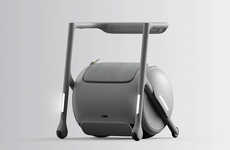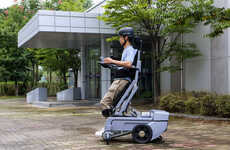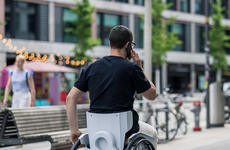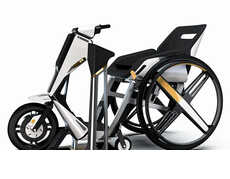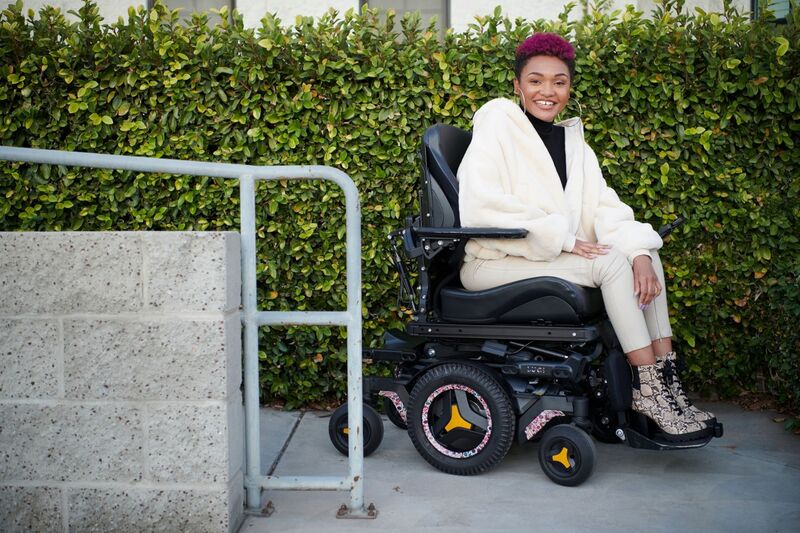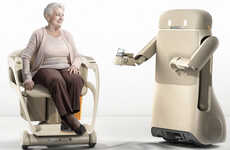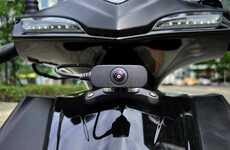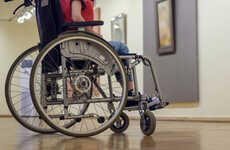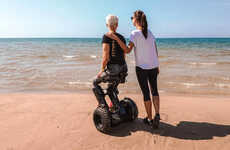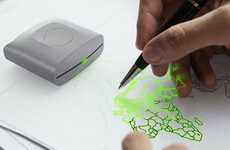
The 'LUCI' Module Uses Sensors to Prevent Falls & Crashes
Rahul Kalvapalle — January 16, 2021 — Lifestyle
References: luci & closingthegap
Wheelchair systems have a long way to go before they can offer increased safety and comfort to their users in the modern urban environment, with a significant development coming in the form of the LUCI smart wheelchair system, which can help prevent crashes and falls.
The LUCI wheelchair system makes use of an array of sensors that combine technologies such as radar and computer vision, and draws its power from wheelchair batteries. As the user moves around in their wheelchair, the system automatically detects potential collisions as well as potential hazards such as drop-offs and slopes, at which point it halts the chair.
Designed to be used in conjunction with Permobil and Quantum Edge wheelchairs, future editions of the LUCI may offer expanded compatibility, bringing technology-driven safety to more wheelchair users.
The LUCI wheelchair system makes use of an array of sensors that combine technologies such as radar and computer vision, and draws its power from wheelchair batteries. As the user moves around in their wheelchair, the system automatically detects potential collisions as well as potential hazards such as drop-offs and slopes, at which point it halts the chair.
Designed to be used in conjunction with Permobil and Quantum Edge wheelchairs, future editions of the LUCI may offer expanded compatibility, bringing technology-driven safety to more wheelchair users.
Trend Themes
1. Smart Wheelchair Systems - Innovative sensors like radar and computer vision can prevent crashes and falls in wheelchairs, creating opportunities for the development of more advanced and reliable smart wheelchair systems.
2. Collison-avoidance Technology - The use of collision-avoidance technology in wheelchairs can improve safety and functionality, presenting opportunities for related industries to explore such technology in other applications.
3. Sensor Technology for Accessibility - Wheelchair systems utilizing sensors can make urban environments more accessible, opening up opportunities for the use of sensor technology in other industries.
Industry Implications
1. Medical Devices - Smart wheelchair systems have the potential to be a disruptive innovation opportunity in the medical device industry.
2. Autonomous Vehicles - The development of collision-avoidance technology for wheelchairs could have potential use in the development of autonomous vehicles.
3. Smart City Infrastructure - The use of sensor technology in wheelchair systems for improved accessibility can inspire the development of smart city infrastructure to benefit all citizens.
1.1
Score
Popularity
Activity
Freshness


